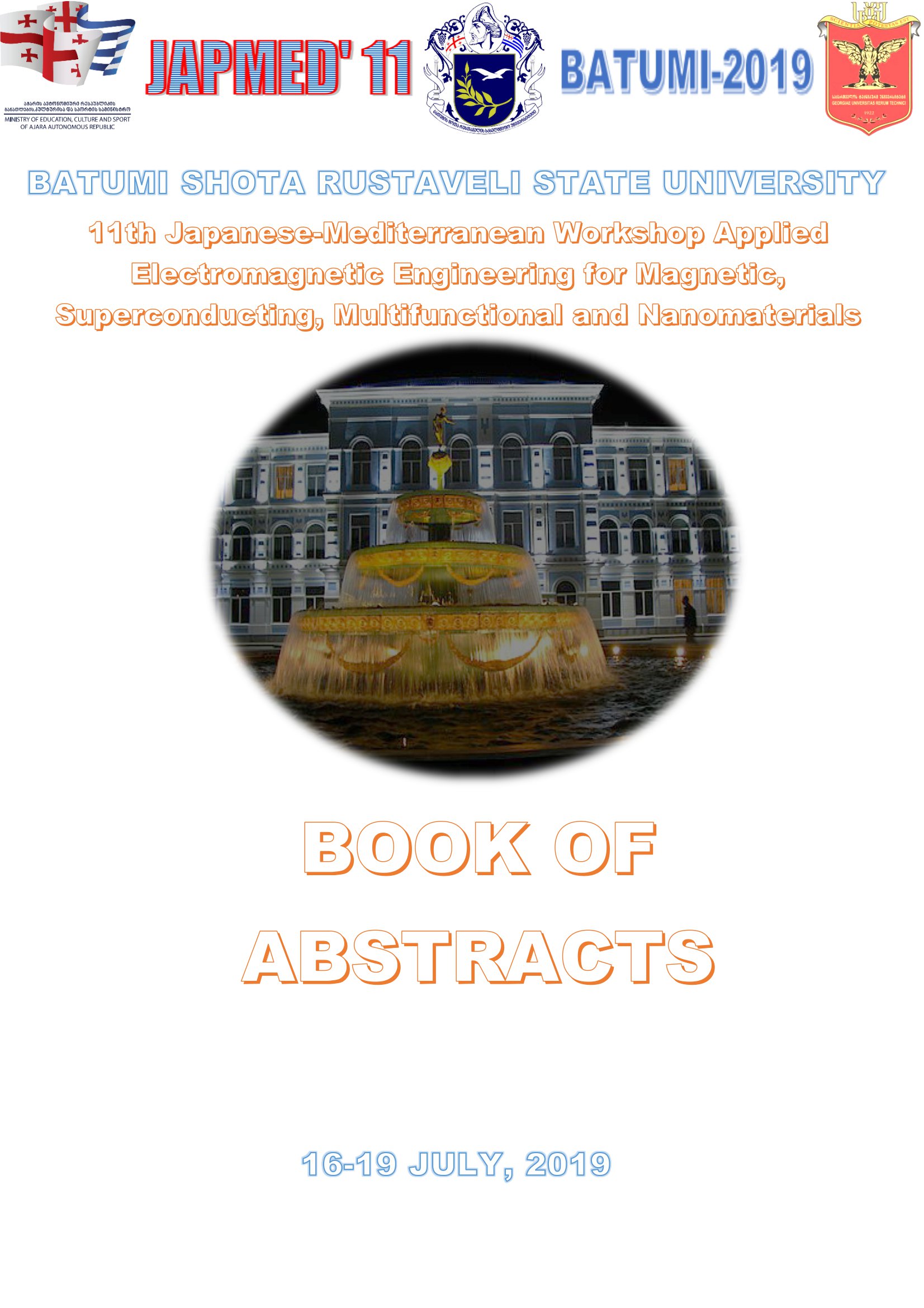STUDY OF GENETIC ANALYSIS OF MUTATIONS IN BRAF, NRAS AND HRAS GENE IN THYROID CANCER PATIENTS OF GEORGIA BY USING PROGRAMMING LANGUAGE
Main Article Content
Abstract
Genetic change is the main force of thyroid tumor development, based on new methods of managing thyroid cancer. The latest significant genetic discovery in thyroid cancer is the BRAFT1799A (V600E) transformation (the gene for B-type RAF kinase, BRAF). Since the initial report of this breakthrough in thyroid cancer years ago, rapid progress has been made. The BRAF mutation is
the most common genetic change in thyroid cancer. We evaluated BRAF, NRAS and HRAS mutations in Georgian patients with indeterminate cytology or diagnosed with papillary thyroid cancer (PTC).
BRAF (V600E), NRAS (G12C, G12D, Q61R, and Q61K) and HRAS (G12C, G13R, and Q61R) were determined in the DNA extracted from fine needle aspirate specimens. In total, 130 patient samples were analyzed using TaqMan PCR (Cast PCRTM). In these samples, 45 were diagnosed as papillary thyroid carcinoma, and 85 were indeterminate by Bethesda System for Reporting Thyroid Cytopathology (BSRTC III-V).
BRAF (V600E) mutation was the most frequent genetic alteration found in 31% of all analyzed samples. Specifically, this mutation was present in 61% of PTC cases and 18% of cases classified as indeterminate (BSRTC III-V). NRAS mutations were present in 16% of PTC and 30% of indeterminate cytology samples. NRAS G12D and Q61R were most prevalent at 22% and 25% of all NRAS mutations. BSRTC IV category of indeterminate cytology had the highest frequency of NRAS mutations at 43%. From analyzed samples, HRAS (Q61R) mutation was present in one PTC case. Finally, 29 out of 45 PTC cases were positive for the mutations indicating 81% of diagnostic sensitivity of the test.
